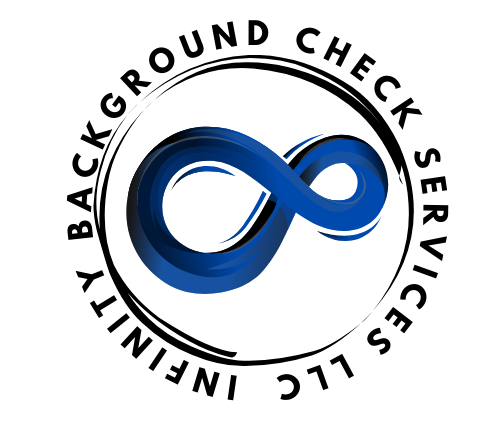Background Check Compliance: Ensuring a Fair and Secure Hiring Process
Background checks have become an integral part of the hiring process for many organizations. With the increasing concern for workplace safety and security, employers are taking extra precautions to ensure that they are hiring the right candidates. However, conducting background checks requires organizations to comply with various laws and regulations to protect the rights and privacy of job applicants.
One of the most important aspects of background check compliance is understanding the legal framework surrounding it. In the United States, for example, employers must comply with the Fair Credit Reporting Act (FCRA) when conducting background checks for employment purposes. The FCRA sets forth specific requirements that employers must follow, including obtaining written consent from the applicant, providing a copy of the report if adverse action is taken, and allowing the applicant to dispute any inaccurate information.
Another key consideration in background check compliance is ensuring the accuracy and reliability of the information obtained. Employers must use reputable and reliable sources for conducting background checks, such as professional background screening companies. It is important to verify the accuracy of the information before making any employment decisions based on the background check results.
Protecting the privacy of job applicants is also a critical aspect of background check compliance. Employers must handle and store the information obtained during the background check process in a secure and confidential manner. This includes implementing appropriate data security measures to prevent unauthorized access or disclosure of sensitive information.
Additionally, organizations must be mindful of the potential for discrimination in the background check process. It is essential to treat all applicants equally and avoid using background check information to discriminate against protected classes, such as race, gender, or disability. Employers should have clear policies and procedures in place to ensure fair and consistent application of background check results.
Ensuring background check compliance requires ongoing monitoring and staying up-to-date with changes in laws and regulations. It is essential for organizations to regularly review their background check policies and procedures to ensure compliance with applicable laws and best practices.
By maintaining background check compliance, organizations can create a fair and secure hiring process. Background checks help employers make informed decisions and protect their employees and customers from potential harm. However, it is crucial to balance the need for background checks with respecting the rights and privacy of job applicants.



